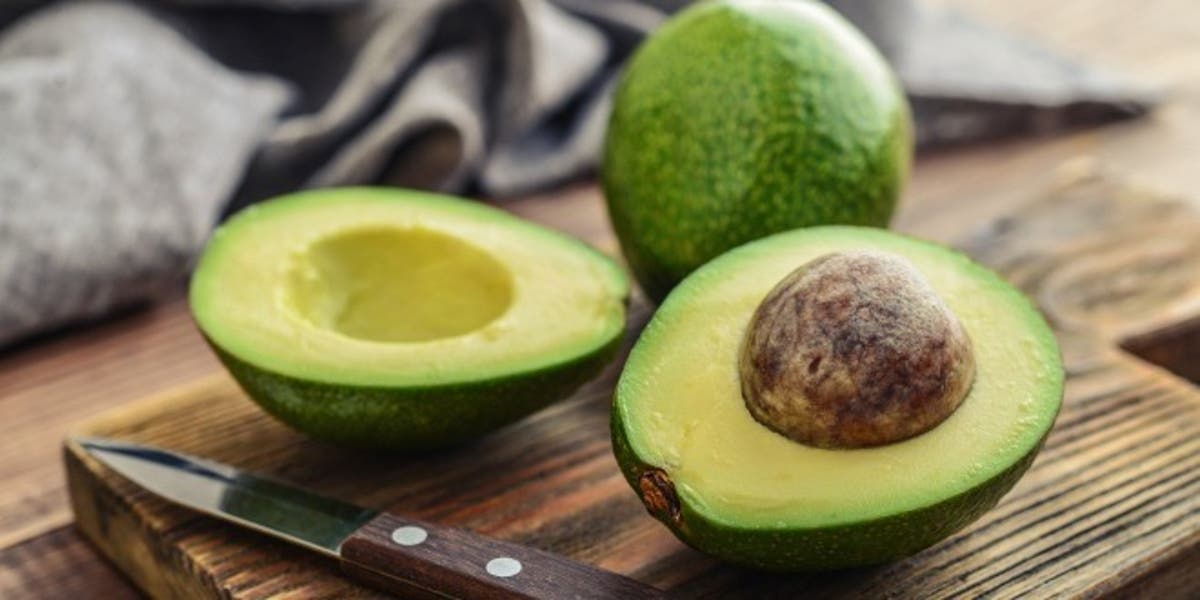Zim expands avocado, macadamia production
Zimbabwe is on a rapid expansion of macadamia and avocado production, with high prospects of making the commodities key agricultural exports in the next few years.
Macadamia and avocado farming has until recently, been grown on a smaller scale, but with substantial investments in production of high value commodities, Zimbabwe could soon earn significant amount of foreign currency from two commodities.
Tobacco, Zimbabwe’s second largest single foreign currency earner and cotton are major agricultural exports.
Zimbabwe stands out to benefit from projected expansion of avocado and macadamia, analysts say, as increasing awareness on health diet are expected to have a positive impact on the commodities.
The global avocado market is poised to grow by US$4,4 billion during 2020-2024, progressing at a compound annual growth rate (CAGR) of over 6 percent during the forecast period, according to Global Avocado Market 2020-2024.
The health benefits of avocados and adoption of new technologies are among factors anticipated to boost the growth of the market, the report noted.
On the other hand, the global macadamia nut market size is expected to reach US$24 billion by 2027 , according to a recent report by Grand View Research, expanding at a CAGR of 9,2 percent from 2020.
“Health benefits associated with macadamia and avocado are expected to drive global demand and local companies are positioning themselves for that surge,” Trevor Maxwell, a commodity analyst said.
Last year, Tanganda Tea Company said it had started exports of avocados to Europe and projected that the overseas sales would be the company’s cash cow. This was after the company invested US$30 million in fruit production, including macadamia.
Traditionally, Tanganda was mainly into tea and coffee, but diversified into food plantations to take advantage of the growing international market. The company operates an avocado packaging plant in Chipinge District in Manicaland, which it is failing to fully utilise due to the inadequate feedstock.
Recently, Nhimbe Fresh Produce, a company led by top business executive Edwin Moyo secured US$15 million from an investor in United Arab Emirates to expand fruit production including avocado.
Mirror Image, a local investor is embarking on a US$14,7 million project of resuscitating ARDA Katiyo estates through production of avocadoes and macadamia nuts.
Ariston Holdings, another major producer of the nuts has doubled the capacity of its drying facility installed in 2017 in anticipation of increased feedstock and this will enable the group to further improve on its average selling prices and meet high specifications required by international buyers.
“The shift (from small to large scale) is quite visible . . . Big players are coming on board and the size of investment testifies this,” said Maxwell.
Maisiri, the secretary general of Macadamia Association of Zimbabwe, a lobby group which represents commercial and small-scale farmers told Business Weekly that area under production was expected to double to about 10 000 hectares this year as uptake of production continue growing.
“People are beginning to realise that macadamia is a profitable cash crop and the uptake is huge especially by small-scale farmers,” said Maisiri.
Funding challenges, however, remain a challenge. A request to Government for a funding facility for small-scale producers “seems to have been ignored”, he added and contract schemes by big companies “are not a viable option”.
“There are negotiations with Tanganda but our small-scale members are quite skeptical for getting deals that will disadvantage them,” said.
“Given our situation, Government support would be more ideal.”
Macadamia is harvested between January and June. Early maturity varieties mature after about two and half years.-ebusinessweekly










